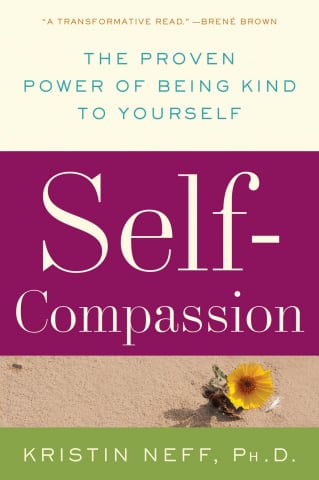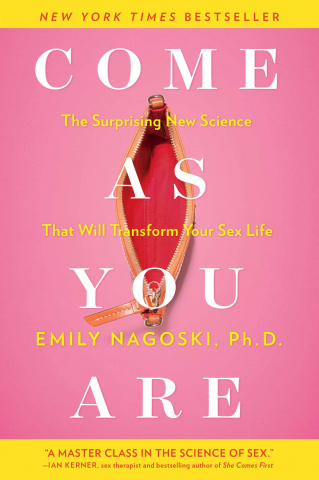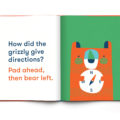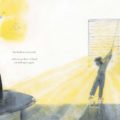Did you know that reading — good old-fashioned reading — can help reduce stress and anxiety?
According to a research study by the University of Sussex, people who read for only six minutes had lowered stress levels, including reduced heart rates and decreased levels of muscle tension.
Six minutes! Even busy parents can find that kind of time.
Reading, in all of its understated glory, is a rare chance to focus on one thing at a time. In a harried world, this is a beautiful thing. In addition to relaxation, reading can provide the therapeutic experience of another perspective.
Although some people restrict reading to a before-bedtime ritual, books can provide an effective breather at any hour. Also, engaging with someone else’s narrative can add inspiration to an otherwise business-as-usual day.
One of the keys to following through with reading is to have a book on hand that you’re actually interested in — not something you think you should read, but just can’t get into. You can request pretty much anything online for pick-up at your local public library, including periodicals.
When something is right within reach, it increases the likelihood of engagement, so keep those good books close by. For example, stashing one in your purse or where you can see it — like the front seat of the car — will likely increase your page count. (To clarify: As much as I am pro-reading, I’m not recommending reading-while-driving.) For the sake of stress reduction, avoid anything overly intense/difficult to enjoy.
You may want to escape with a good novel, so if that’s your desire, dive in. Here are three other ideas. They’re all great non-fiction books I love and often recommend to clients. And they all share a common denominator — being good to yourself.
The Gifts of Imperfection: Let Go of Who You Think You’re Supposed to Be and Embrace Who You Are
by Brene Brown, Ph.D.
This book is so good, if you lose it you’ll want to buy it again. I lent out my original copy and recently ordered my second copy.
Pioneering and straightforward, Brown has created an influential guide to becoming more authentic, courageous and connected. Bravely drawing from her own experiences, she encourages readers to let go of perfection as a way of life.
Self-Compassion: The Proven Power of Being Kind to Yourself
by Kristin Neff, Ph.D.
Self-compassion is an alternative to self-esteem, which is rooted in three components — identifying a common humanity, mindfulness and self-kindness. Neff’s self-compassion journey began, as many things do, after a series of difficult life challenges, including her son’s autism diagnosis.
One of the best things about self-compassion is that it’s a skill like any other and can be developed. This is a book that’s both helpful and hopeful. Do you know anyone who wouldn’t benefit from a little more self-compassion?
Come As You Are: The Surprising New Science That Will Transform Your Sex Life
by Emily Nagoski, Ph.D.
Yep, this is a sex book. It’s an excellent and accessible read for anyone who wants to add more confidence into their sexual experiences or who might be struggling with low levels of desire.
Come As You Are challenges cultural norms about women’s sexuality and replaces tired myths with well-researched facts delivered with a dash of humor. Read this to gain strategies for enjoying a positive erotic life. Bonus points for reading it in public with an owning-it attitude.
Emma Nadler is a writer, mama and psychotherapist in private practice on the border of Minnetonka and Wayzata. She specializes in relationships, perinatal mental health (pregnancy and postpartum) and life transitions. Learn more at enadlertherapy.com.




















